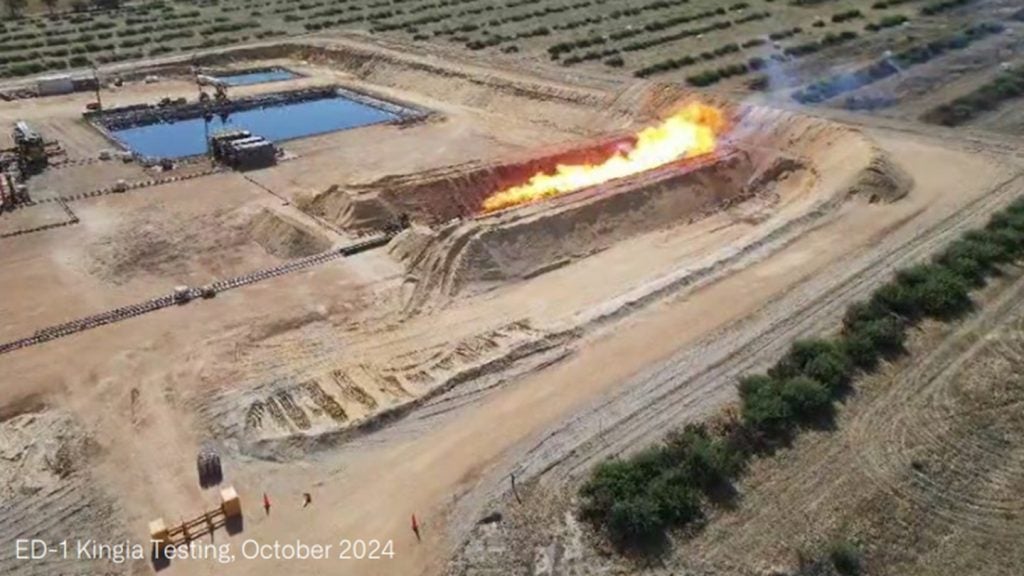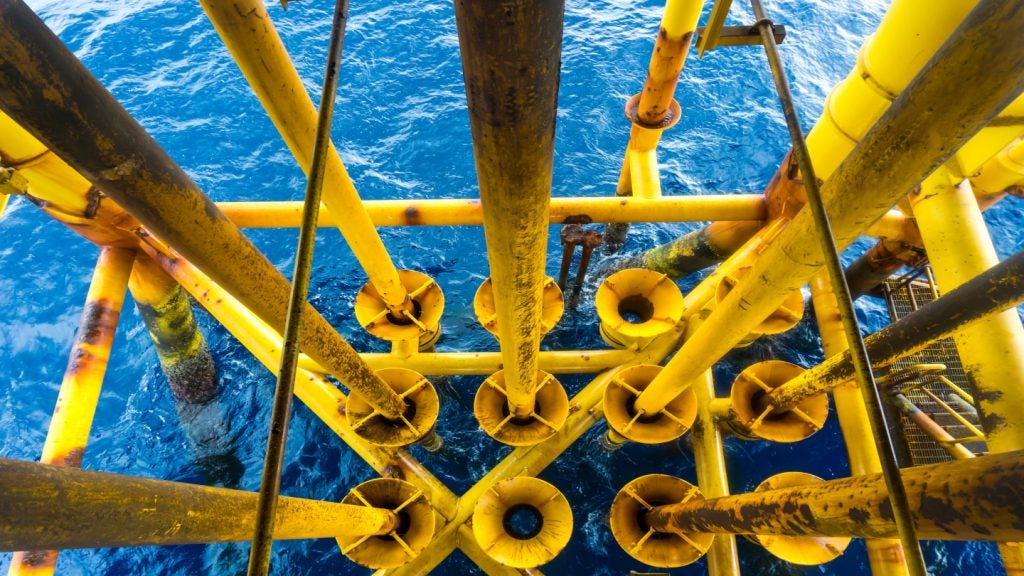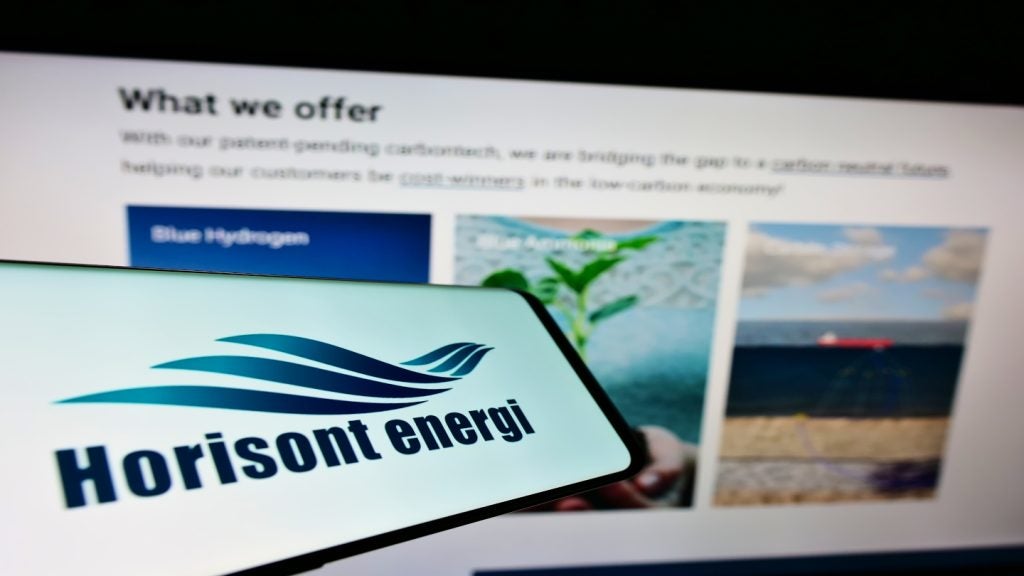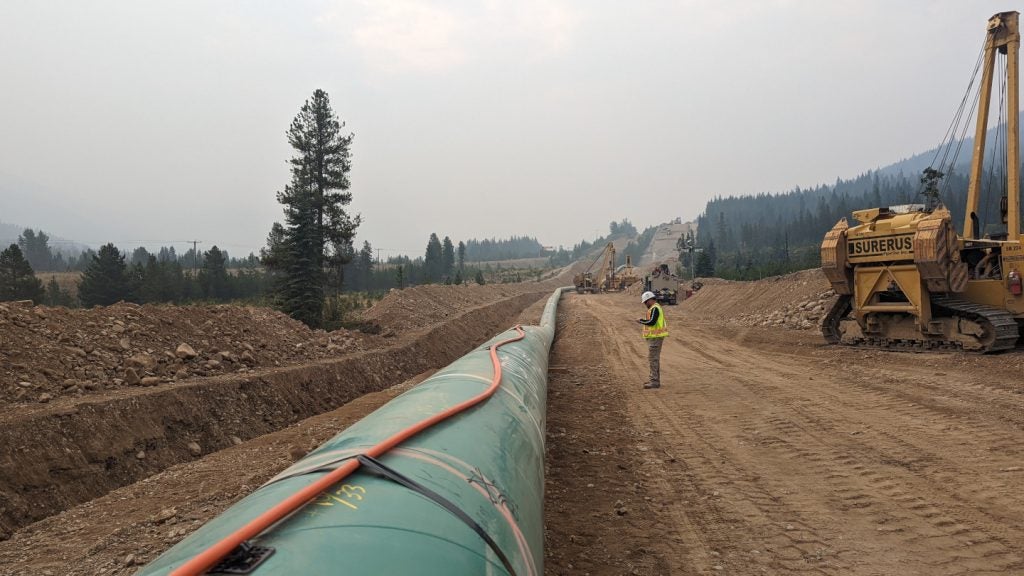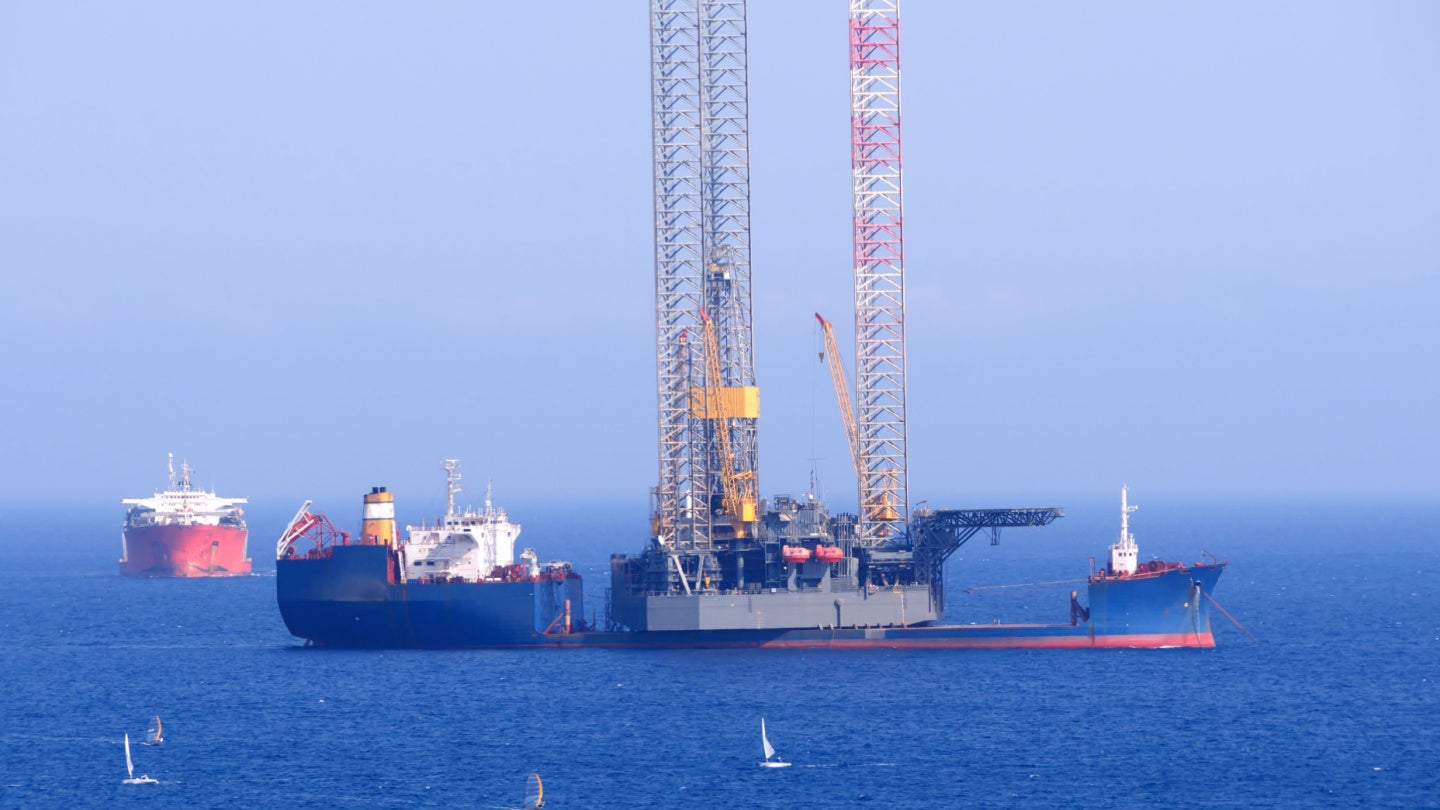
Cyprus and Israel are working on an arrangement to build a gas pipeline to link their offshore fields.
The pipeline will carry gas from both countries to a liquefaction plant on the Mediterranean island nation for export to Europe and potentially other markets.
Cypriot Energy Minister Giorgos Papanastasiou, according to AP, said he plans to visit Israel soon to discuss the details of the agreement.
Once signed, the pipeline will take nearly 18 months to complete.
Meanwhile, the proposed liquefaction plant on Cyprus is expected to take around two-and-a-half years to build once financing is secured.
Cyprus has identified five sizeable gas reserves in its southern waters, while Israel has discovered 11 gas fields.
How well do you really know your competitors?
Access the most comprehensive Company Profiles on the market, powered by GlobalData. Save hours of research. Gain competitive edge.

Thank you!
Your download email will arrive shortly
Not ready to buy yet? Download a free sample
We are confident about the unique quality of our Company Profiles. However, we want you to make the most beneficial decision for your business, so we offer a free sample that you can download by submitting the below form
By GlobalDataThe largest among them, called Leviathan, is estimated to hold approximately 623 billion cubic metres of gas.
Papanastasiou stated that he plans to meet with energy companies that have been authorised to search for oil and gas within Cyprus’ exclusive economic zone.
These companies include France’s TotalEnergies, Eni from Italy, and ExxonMobil and Chevron from the US.
During the meeting, they will discuss ways of cooperating on projects that will speed up the process of bringing their gas discoveries to the market.
“The eastern Mediterranean has enough [gas] deposits. Most are inside Israel’s exclusive economic zone, but Cyprus has sufficient quantities as well for this project to materialise,” the minister was quoted as saying.
He clarified that the current project is a modified version of the original EastMed pipeline concept.
Initially, the proposal involved constructing a $6bn pipeline spanning 1,900km to transport gas directly to Europe.
Now, Cyprus intends to export processed gas to international markets via ships rather than through a direct pipeline connection to Europe.
“When you have liquefied natural gas, it can go in any direction… Europe now needs it more, but markets can also be found in Asia,” added Papanastasiou.



